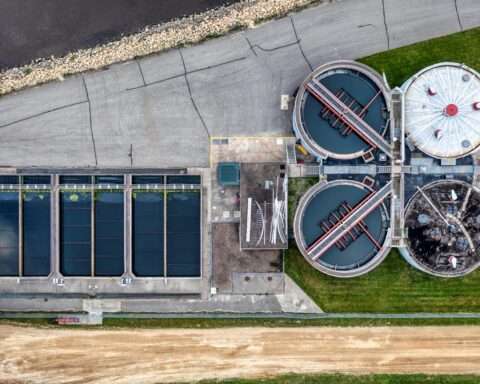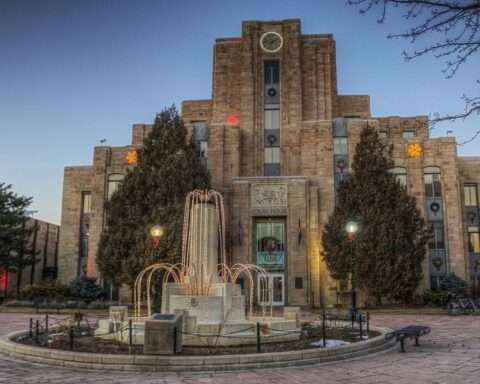This story was originally published in the Government Contracting Pipeline newsletter from Strategic Partnerships, Inc. To have the latest government contracting news stories from across the country delivered straight to your inbox, click here to subscribe.
The Department of Energy (DOE) is making $52.5 million available to advance the development of carbon dioxide removal technologies. The funds come from the Bipartisan Infrastructure Law, which approved $100 million to support direct air capture (DAC) technologies. Participants must apply by Feb. 7, 2025, for the first phase of the competition.
The Commercial DAC Pilot Prize is a four-phase competition centered around designing, developing and deploying DAC technologies to remove at least 500 metric tons of legacy carbon dioxide (CO2) pollution from the atmosphere. Directly removing CO2 is an essential component of the nation’s clean energy agenda to counter-balance emissions from the aviation and shipping industries.
The awards will help innovative DAC projects meet technology standards, de-risk development and deploy the final products in commercial industries. Winners will also qualify for participation in the Regional DAC Hubs program, a $3.5 billion initiative to develop four domestic DAC hubs that will capture at least 1 million metric tons of CO2 annually.
The program is split into four phases: Concept, Engineer, Permit, Operate. Participating teams may win up to $12 million as they achieve design, development and deployment milestones. Eligible applicants include states, counties, Tribes, municipalities, academic institutions and for- or non-profit organizations.
Phase 1 requires applicants to design and submit a DAC Pilot Prize concept paper. The paper must include details on the proposed technology, project data and a pre-Front End Engineering Design (pre-FEED) study on the pilot system. Up to five applicants can win $500,000 each for this phase.
Phase 2 covers engineering, requiring participants to provide a complete FEED study for the pilot system. In addition, DAC teams must secure host site commitments, life cycle assessments, community benefits plans, environmental health and safety risk assessments and National Environmental Policy Act (NEPA) compliance documents. Up to five winners will receive $4 million each.
The DOE will only allow Phase 2 winners to compete in the Phase 3 permitting stage. Applicants will have to complete a detailed design of its DAC pilot system and acquire necessary approvals per the Official Rules document. Up to four participants will win $1 million each.
Phase 4 will only be open for Phase 3 winners. During this final phase, participants will build their DAC pilot system and operate it for at least 2,000 hours. The DOE also requires updated reporting and testing plans, as per the Official Rules document. Winners will receive $6.5 million each.
Photo by Anne Nygård on Unsplash













